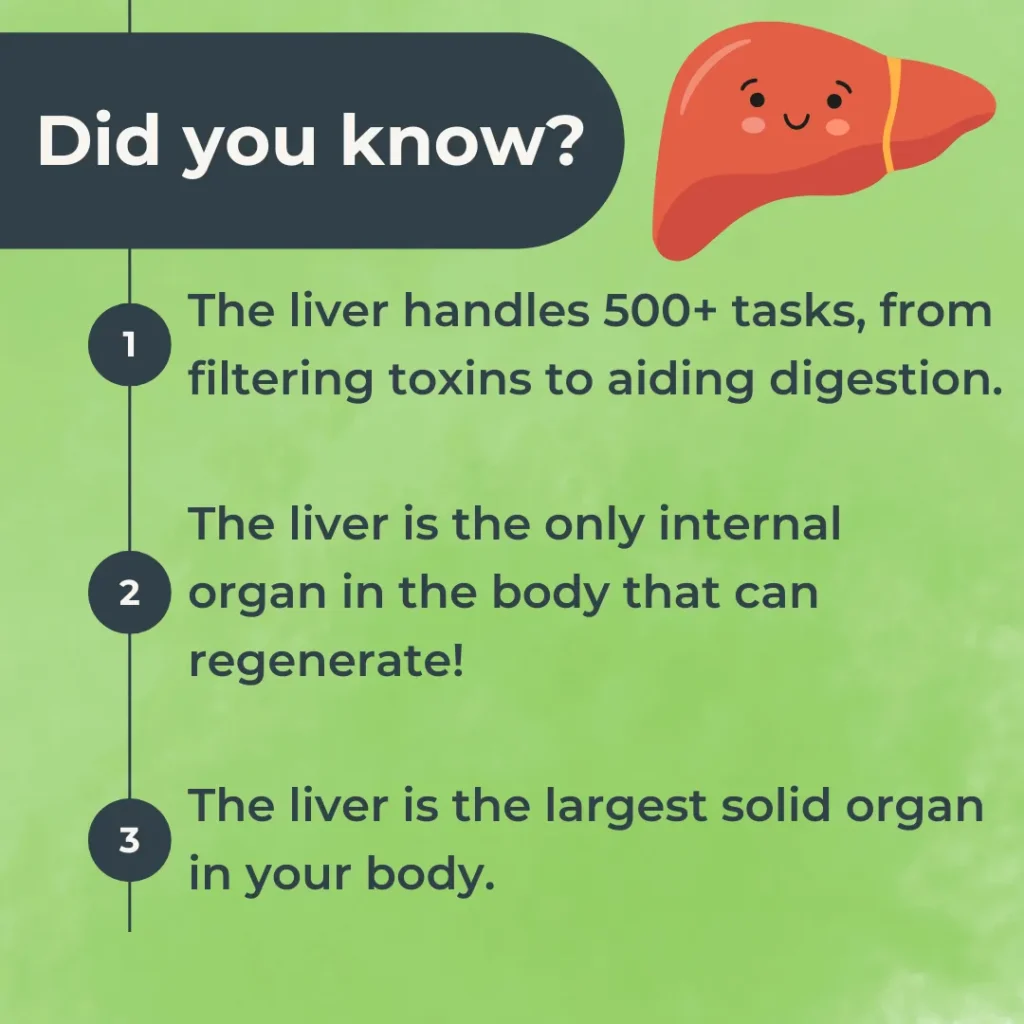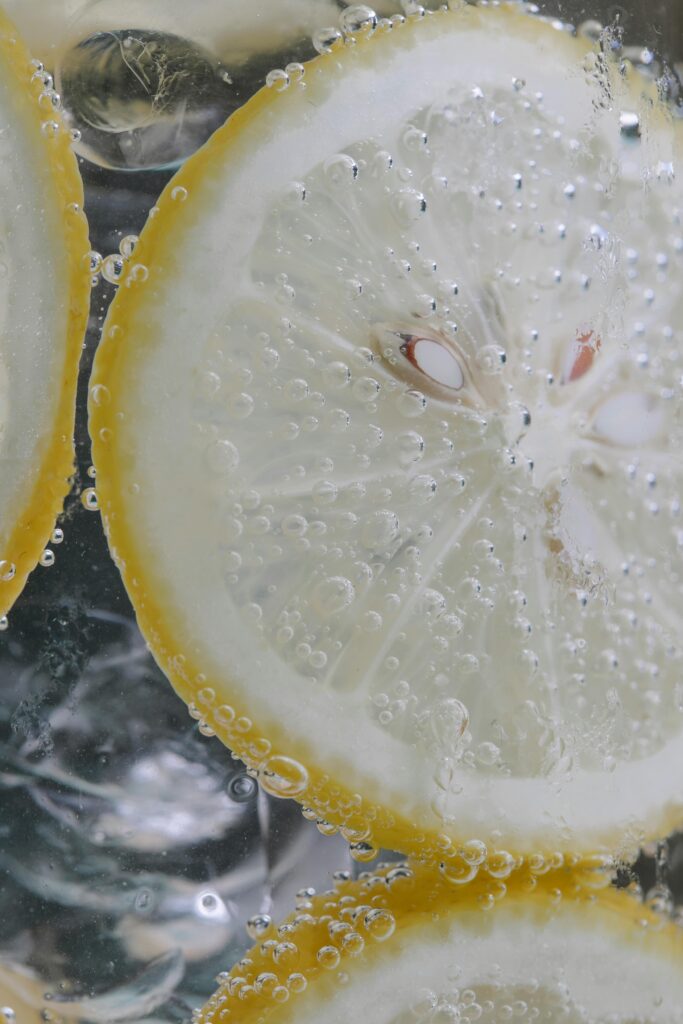Boost Your Liver Health: Natural Strategies for Revitalization
The liver is one of the most important organs in the body, playing a crucial role in detoxification, metabolism, and overall health. However, many people do not pay enough attention to their liver health, leading to a host of health issues and complications. In this article, we will explore natural strategies for revitalizing and boosting your liver health, so you can live a healthier, happier life.
What is the Liver?
The liver is the largest solid organ in the body, located in the upper right side of the abdomen. It plays a vital role in the body’s metabolic processes, including breaking down fats, proteins, and carbohydrates, as well as detoxifying harmful substances. The liver also produces bile, a substance that aids in digestion and helps the body absorb essential nutrients.
Why is Liver Health Important?
The liver is essential for overall health and well-being, as it performs a wide range of functions that are critical for maintaining optimal health. A healthy liver helps regulate blood sugar levels, cholesterol levels, and hormone balance, as well as detoxifying the body and supporting immune function. When the liver is not functioning properly, it can lead to a host of health issues, including fatty liver disease, liver cirrhosis, and liver cancer.
Natural Strategies for Boosting Liver Health
There are several natural strategies you can implement to boost your liver health and revitalize this crucial organ. Here are some tips to help you improve your liver health:
1. Eat a Healthy Diet: A diet rich in fruits, vegetables, whole grains, and lean proteins can help support liver health. Avoiding processed foods, sugary drinks, and high-fat foods can also help reduce the burden on the liver and promote optimal liver function.
2. Stay Hydrated: Drinking plenty of water is essential for liver health, as it helps flush out toxins and waste products from the body. Aim to drink at least eight glasses of water per day to keep your liver functioning properly.
3. Exercise Regularly: Regular exercise can help improve liver function by reducing fat accumulation in the liver and promoting overall health. Aim for at least 30 minutes of moderate-intensity exercise most days of the week to support liver health.
4. Limit Alcohol Consumption: Excessive alcohol consumption can damage the liver and lead to liver disease. Limiting alcohol intake to no more than one drink per day for women and two drinks per day for men can help protect your liver.
5. Avoid Toxins: Exposure to environmental toxins, such as pesticides, pollutants, and chemicals, can put a strain on the liver and impair its function. Try to minimize your exposure to toxins by using natural cleaning products, eating organic foods, and avoiding smoking.
6. Support Liver Detoxification: Certain supplements and herbs can help support liver detoxification and promote optimal liver function. Milk thistle, dandelion root, and turmeric are all known for their liver-protective properties and can be beneficial for liver health.
7. Get Plenty of Sleep: Adequate sleep is essential for liver health, as it allows the liver to repair and regenerate damaged cells. Aim for at least seven to eight hours of quality sleep per night to support liver health.
8. Manage Stress: Chronic stress can have a negative impact on liver health, as it can lead to inflammation and oxidative stress. Finding ways to manage stress, such as meditation, yoga, or deep breathing exercises, can help support liver health.
FAQs
Q: Can I reverse liver damage naturally?
A: Yes, with the right lifestyle changes and natural remedies, it is possible to reverse liver damage and improve liver function. By following a healthy diet, staying hydrated, exercising regularly, and avoiding toxins, you can support your liver’s ability to repair and regenerate damaged cells.
Q: Are there any foods that are particularly good for liver health?
A: Yes, certain foods are known for their liver-protective properties and can help support liver health. Some of the best foods for liver health include leafy greens, cruciferous vegetables, berries, nuts, seeds, and fatty fish. These foods are rich in antioxidants, vitamins, and minerals that can help promote optimal liver function.
Q: How can I tell if my liver is not functioning properly?
A: There are several signs and symptoms that may indicate poor liver function, including fatigue, digestive issues, jaundice (yellowing of the skin and eyes), abdominal pain, and swelling of the abdomen. If you are experiencing any of these symptoms, it is important to consult with a healthcare professional for an evaluation and proper diagnosis.
In conclusion, liver health is crucial for overall health and well-being, and there are several natural strategies you can implement to boost your liver health and revitalize this important organ. By following a healthy diet, staying hydrated, exercising regularly, and avoiding toxins, you can support your liver’s ability to detoxify the body and promote optimal liver function. Incorporating these natural strategies into your daily routine can help you improve your liver health and live a healthier, happier life.


